About bloody time
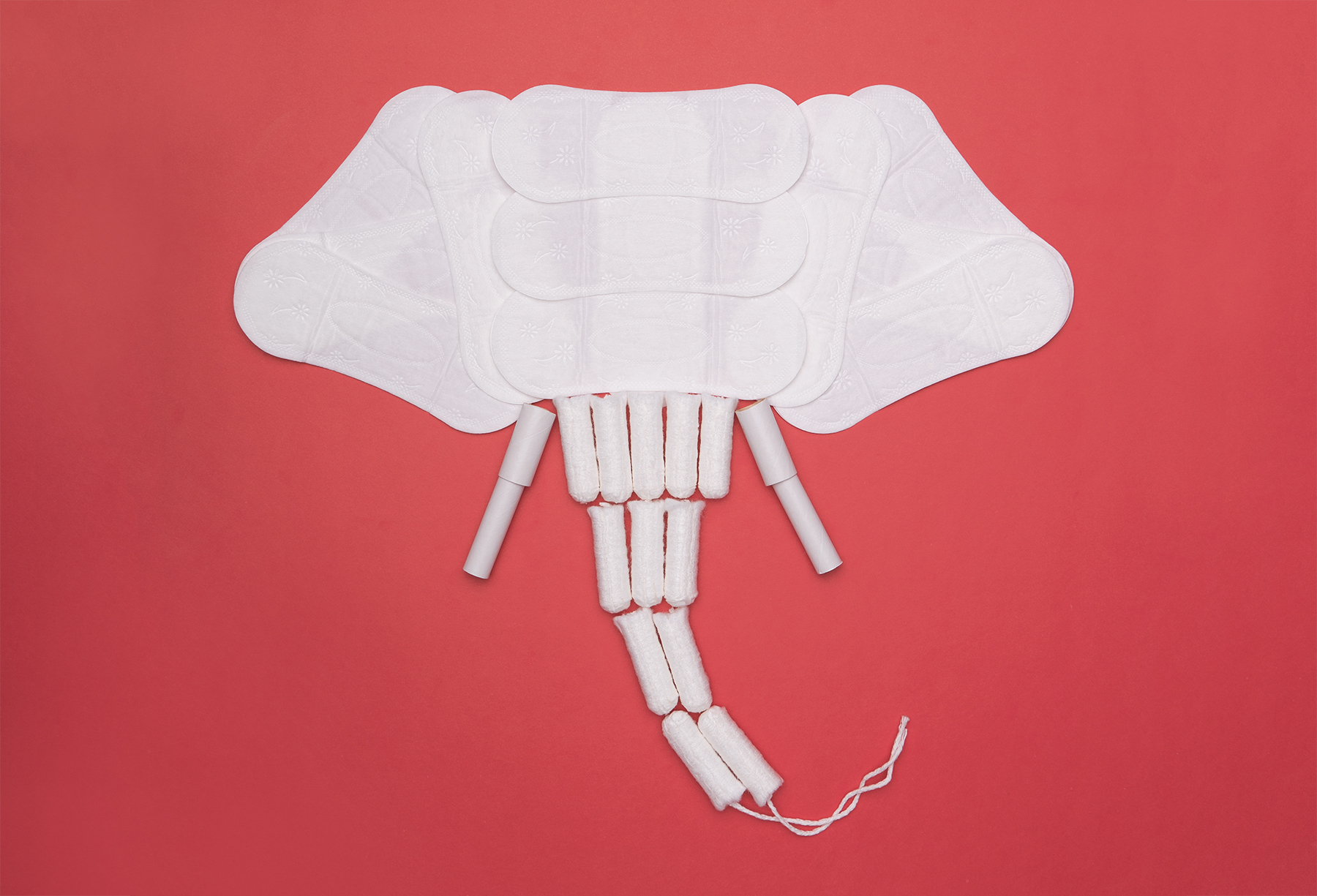
Time of the month. Aunt Flo. Your rag. Monthly gift. Shark week. The red scare. Crimson tide.
Are you uncomfortable yet?
Every day, women around the world are menstruating. With the ratio globally being almost equal, nearly half the global population has a uterus, which means that nearly half the population will experience a menstrual cycle at some point in their lives.
If this is the case, why do periods make everyone so uncomfortable?
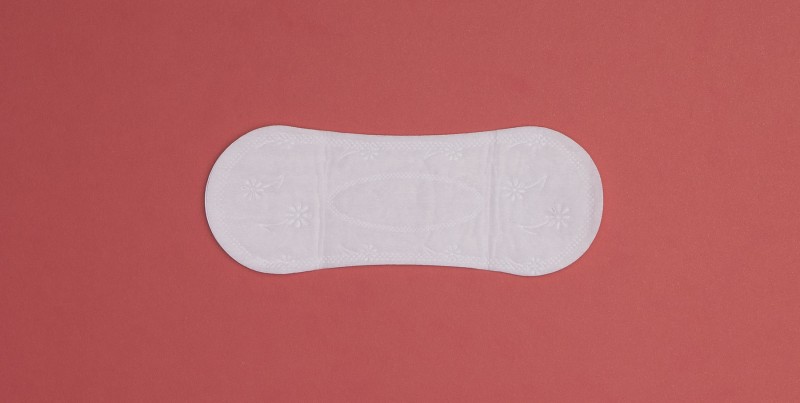
Recently, periods have been in the spotlight. Last summer, the Government of Canada removed the tax on tampons, realizing that making money on women’s menstrual cycles was nothing to celebrate.
Last week, I visited the washrooms in the Fred Nichols Campus Centre behind The Hub at Wilfrid Laurier University. While the conversation about the price of tampons and speaking publicly about menstruation seems to be popping up in news outlets globally, I didn’t think about how it could be an issue at our own campus.
I was happy to see someone had placed a wooden basket beside the far sink with a handwritten sign inside. The sign read, “Take a tampon, leave a tampon #periodpositive #aboutbloodytime.”
I visited this bathroom every day last week and slowly, women were adding tampons to the pile.
This made me wonder, where did the tampon machines go that used to be in every bathroom? Are periods so taboo that tampons can’t even be purchased for a quarter in every washroom on campus?
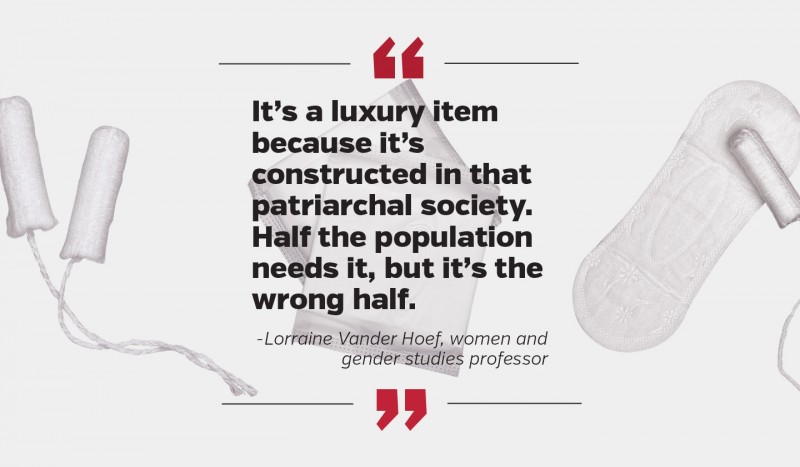
If someone gets their period on campus and doesn’t have access to a tampon, what are they supposed to do? Walk all the way to the Wellness Centre and ask the receptionist for a free sample? Buy a package at International News?
The fact that tampons are only accessible outside the washroom stall makes them inaccessible.
Lorraine Vander Hoef, women and gender studies professor at Laurier, explained where these attitudes about feminine hygiene products and discomfort around talking about periods originated.
“It’s related to those religious discourses about menstruation as pollution and as being unclean,” Vander Hoef said. “It’s considered immoral to talk about it because women are ritually unclean during that period and that transfers into advertising and pop culture through the mid-twentieth century with technology and development of disposable pads and the fact that you have to advertise them.”
Vander Hoef pointed out how menstruation has also been medicalized as it’s more so viewed as an illness opposed to a natural aspect of femininity.
“Now we call it more of an illness or we talk about [premenstrual syndrome] and we give it a medical diagnosis,” she said. “We wouldn’t necessarily give it that kind of moral discussion in our contemporary culture. I think the whole negative attitude began with that idea that within a patriarchal culture, women are seen as ritually unclean rather than admired for their reproductive power.”
Sometimes periods suck. For people who get terrible cramps, migraines or nausea during their cycle, working can be nearly impossible. Calling in sick to work because your period is unmanageable has been a difficult task for a lot of people to face, because being “sick” isn’t the right word.
Vander Hoef explained that Bex Baxter, the director of a company in the United Kingdom called Coexist, has implemented a policy in the company where female employees can take time off during their cycles, which will not be regarded as a sick day.
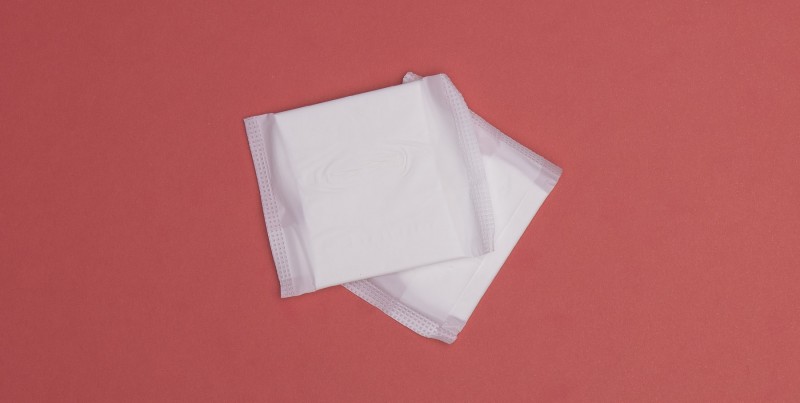
Baxter told The Guardian she did not want menstruation to be labelled as an illness in her place of work and that for some women, it is necessary to take time off during their body’s natural cycle.
The cost of tampons has also been a conversation in England. Several activists have spoken about the cost of tampons in the UK and last fall, a group of women in London took to the streets wearing white pants stained with blood to prove that tampons are not a luxury item, but a necessity.
The price of tampons makes them inaccessible to people with low incomes. News stories on this topic have been popping up globally, like a recent story featured on BuzzFeed about how women at a shelter in England have been using socks as underwear liners because the government is not supplying them with feminine hygiene products. This is not only unhygienic, but also puts them at the risk of infection.
“[For] women with lower incomes, this is not a luxury thing. You end up using toilet paper or other things to make due because you can’t afford the products and you put yourself at risk, or you wear tampons too long or you can’t even properly teach your daughter [or] give her the products she needs,” Vander Hoef said.
“That shapes that whole daughter’s experience then of beginning menstruation and what it means. It becomes attached to class and poverty.”
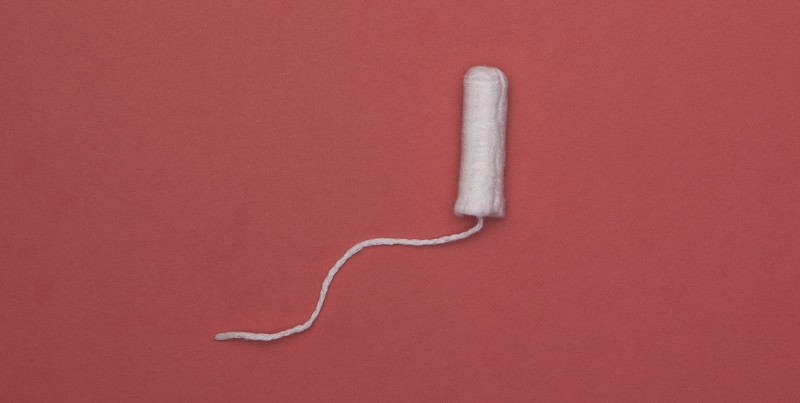
Vander Hoef explained that being a woman of low-income in a society that hushes menstruation acts as a “double-shame.”
That woman is not only isolated because she is low-income, but she is also shamed because she does not have access to something that she needs as a female.
“It’s a luxury item because it’s constructed in that patriarchal society. Half the population needs it, but it’s the wrong half,” Vander Hoef said.
This “double-shame” also transcends into the trans community and for non-gendered people. Talking about menstruation for people who don’t fit into society’s gender binaries doesn’t have a place in patriarchal discourse.
But the silence needs to be broken. We don’t talk about periods or the products needed for menstruation because people are uncomfortable about it, thinking it’s a private instance. Really, there’s nothing private at all about menstruating.
Vander Hoef stressed that the only way societal attitudes around periods will change, is by creating discourse around it.
So to the Laurier student who put the basket in the washroom in the FNCC, thank you for sparking a conversation about something that needed to be talked about.
And thank you for saving that person in the bathroom who was so stressed with final essays they forgot to throw a tampon in their backpack. I’m sure they appreciate it.


